Mozambique: Gueta Chapo in Dubai for Merck Foundation First Ladies Initiative Summit
Mozambique: Artificial Intelligence crucial for early warning systems
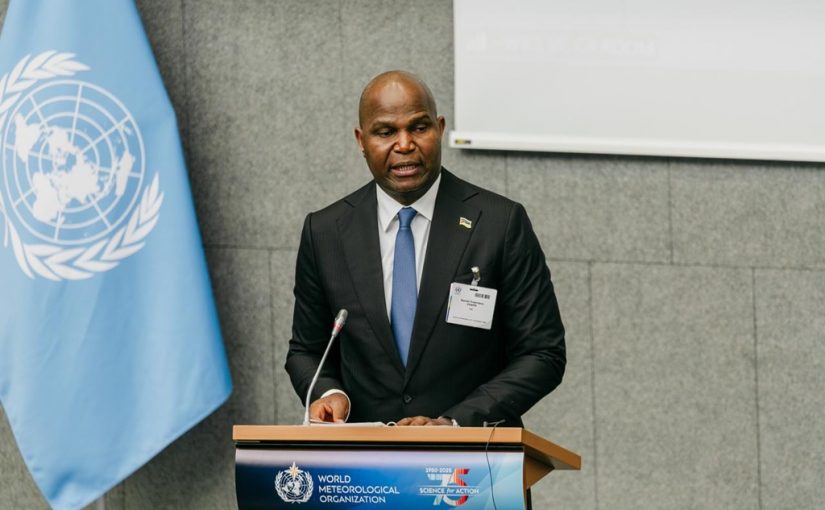
Photo: Presidency of the Republic of Mozambique
Mozambican President Daniel Chapo believes that digital systems and artificial intelligence (AI) are crucial tools for the modernization of early warning systems against extreme weather events, and the country is already incorporating them.
According to Chapo, who was speaking on Monday, in Geneva, at a meeting on Early Warning Systems, at a panel entitled “Early Warning for All Initiatives and the Role of National Meteorological and Hydrological Services”, Mozambique is working on the progressive digitalization of meteorological and hydrological services, interconnecting national and regional platforms.
“The country is also creating automatic mechanisms for collecting and sharing climate data in the region and the continent. This investment aims to build an increasingly interconnected, feasible, and accessible system where scientific information is transformed into understandable and timely alerts for all citizens”, he said.
However, Chapo added that climate funding is still limited and “our state budget, with the constraints typical of a developing country, is not sufficient to finance a growth model resilient to global climate change.”
Chapo called for the mobilization of new public-private partnerships, innovative and accessible mechanisms, and the reaffirmation of shared responsibility between nations and multilateral institutions. He believes that this mobilization may create funding sources.
“Every dollar invested in early warning represents a saving of seven dollars in reconstruction, representing protected lives and empowered communities. Universal alert coverage will only be real if it is inclusive. Mozambique has been working to make alerts people-centered, so that they are simple, accessible, and useful for all”, he said.
“The time to act is now. If we want a better future, we call on the United Nations, Climate Funds, financial institutions, and development partners to strengthen technological and financial support for vulnerable countries like Mozambique”, he added.
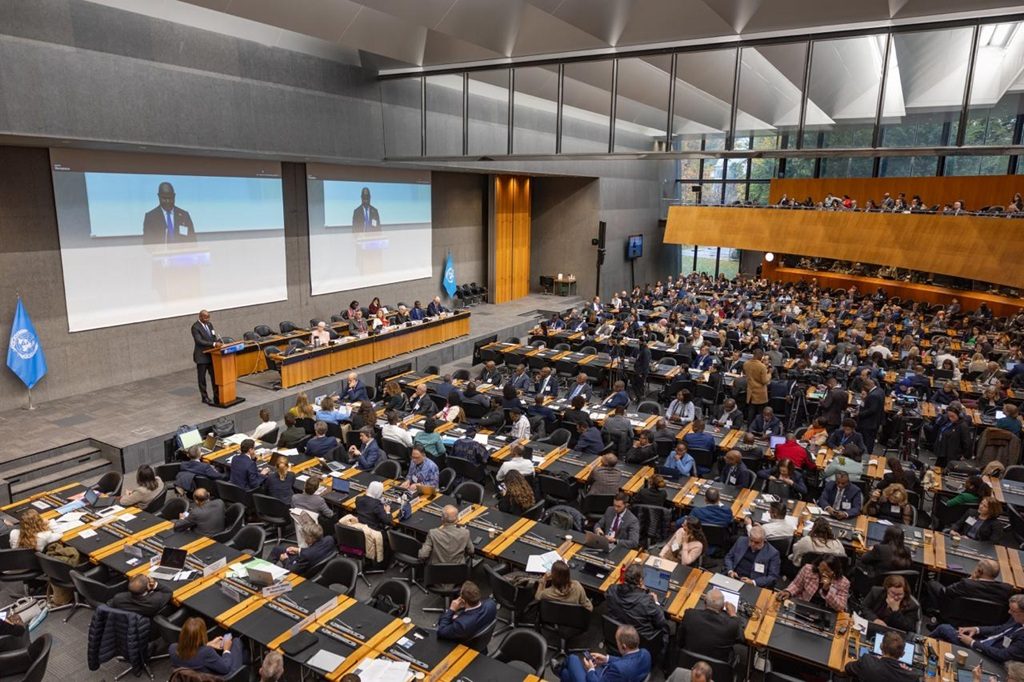
Chapo stressed that the country reaffirms its commitment to the Early Warnings For All initiative and to the spirit of the Paris Agreement on climate change. “The country’s experience shows that the effectiveness of early warning systems depends on innovation and sustainable investment”, he said.
Mozambique currently benefits from support from the Systematic Observations Financing Facility (SOFF), which represents a significant advance in the modernization of the national hydrometeorological network.
In recent years, Mozambique has seen a significant increase in the frequency and intensity of climate-related disasters. During the 2024-2025 rainy season, the country was affected by tropical cyclones Chido, Dikeledi, and Jude, which struck the northern provinces, already weakened by humanitarian pressure due to terrorist attacks in some districts of Cabo Delgado province.



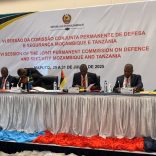
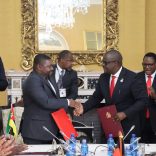
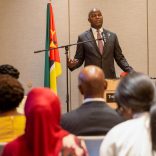

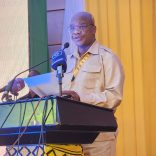




Leave a Reply
Be the First to Comment!
You must be logged in to post a comment.
You must be logged in to post a comment.